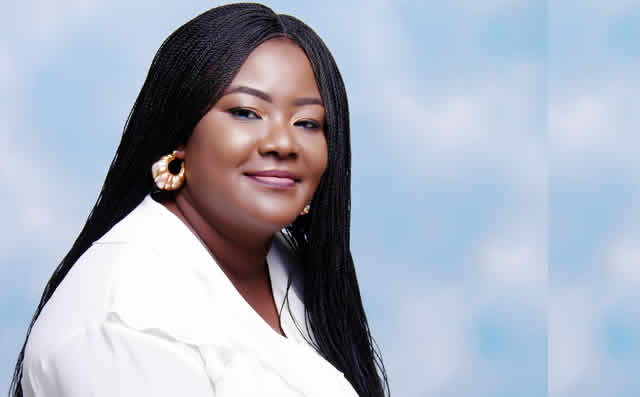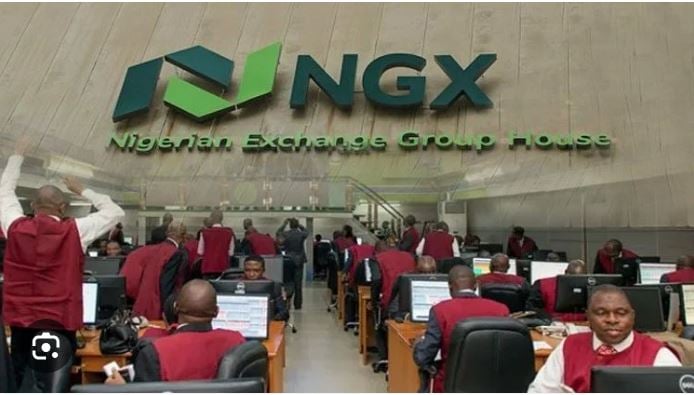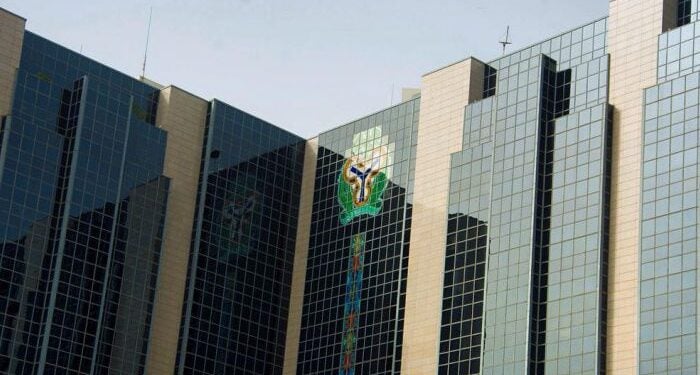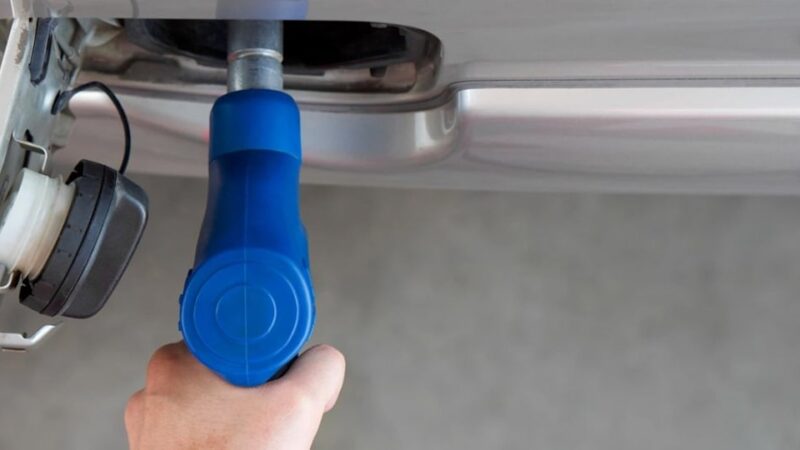AfDB $100Mn Investment Initiative In Nigeria To Promote Youth Development
 The African Development Bank Group President and Chairman of the Boards of Directors Dr Akinwumi Adesina has said that the $100 million for the establishment of a Youth Entrepreneurship Investment Bank in Nigeria would help halt youth brain drain in the country.
The African Development Bank Group President and Chairman of the Boards of Directors Dr Akinwumi Adesina has said that the $100 million for the establishment of a Youth Entrepreneurship Investment Bank in Nigeria would help halt youth brain drain in the country.
Adesina, warned that young Nigerians were voting with their feet and leaving the country in droves due to economic hardships and called for major investments to reverse the accelerating youth brain drain.
“The rate and speed at which Nigerians are leaving the country – the so called ‘Japa’ syndrome risks undermining Nigeria’s drive for economic rejuvenation and positioning for global dominance,” he said in a lecture marking the 90th Birthday celebration of Nigeria’s former President General Yakubu Gowon.
Investing in Nigeria’s youth was one of seven key themes in Adesina’s lecture titled ‘Building a Global Nigeria’.
He told hundreds of guests during the celebrations at the ECOWAS Commission Headquarters, in the capital Abuja, a Global Nigeria would turn ‘Japa’ (we are leaving) into ‘Ja Pada’ (we are going back)!
“This new Bank will support the businesses of the youth in Nigeria, using technical assistance, business incubation, and invest equity, quasi-equity and debt in these businesses,” he said.
The Bank Group chief said that the Bank, along with its partners, was helping Nigeria stem the massive exodus of its young and innovative talent through the investment of some “$614 million in the Investment in Digital and Creative Enterprises (i-DICE) program in Nigeria.”
“This a bold initiative designed to develop digital and creative enterprises, which will help add $6 billion to Nigeria’s GDP and create 6.4 million jobs,” he declared.
According to Adesina for Africa to develop, it needs Nigeria to develop faster. Adesina spelt out a nine-point approach defining a Global Nigeria, which he said, must start by being poverty free.
Citing estimates by the National Bureau of Statistics that show 133 million people in Nigeria are multidimensionally poor, Adesina said a Global Nigeria must start with being poverty free and stressed the need to address the country’s poverty crisis.
Linking poverty to rising crime, banditry, kidnappings, and armed robbery, Adesina said, “the criminal economy is upending the real economy of Nigeria.”
Affirming that a Global Nigeria must be food secure, Adesina urged the Federal Government in conjunction with State Governments, to return to the highly successful Growth Enhancement Scheme and the electronic-wallet scheme that was put in place when he served as Minister of Agriculture.
“Both initiatives delivered high quality seeds and fertilizers to over 15 million farmers, which made food available at relatively low costs across Nigeria,” he said.
To support Nigeria, Adesina said that the Bank and partners had provided $314 million to Nigeria for emergency food production and are investing over $814 million in the development of Special Agro-Industrial Processing Zones (SAPZs) in eight States of the Federation.
With only 7 per cent of the population having access to higher education, Adesina noted that a Global Nigeria must invest heavily in the sector to be able to compete globally and lead Africa in innovation.
The African Development Bank president said a Global Nigeria must have globally competitive quality infrastructure.
To support infrastructure development, Adesina said the Bank is working with partner institutions to mobilize $15 billion for the Lagos to Abidjan corridor, which carries over 80 per cent of trade in the region. It is also mobilizing support for the development of the railway line connecting Kano to Maradi in Niger Republic.
Adesina further noted that a Global Nigeria must achieve universal access to electricity. “Today, no business can survive in Nigeria without generators. Consequently, the abnormal has become normal.”
The Bank is supporting several electricity projects in Nigeria, which is among the 11 countries earmarked to benefit from the Bank’s $20 billion Desert to Power initiative that aims to provide electricity to 250 million people in the Sahel.
In April Adesina together with the President of the World Bank Group, Ajay Banga announced a joint effort called Mission 300 to connect 300 million Africans, including Nigerians, to electricity by 2030.
The Bank president outlined the qualities of a Global Nigeria that must be industrialized and scale up into high-value manufacturing.
In remarks spiced by historical anecdotes Adesina described General Gowon’s national development plan as a masterpiece that elevated industrialization as a pivotal priority, which spurred successive governments.
“Beginning in the early 1970s, Nigeria instituted an industrial policy to support automobile assembly plants. How proud we were to ride ‘Made in Nigeria’ Peugeots and Volkswagens.
“If Nigeria had sustained this drive, it would have become the lead exporter of vehicles in Africa and to the rest of the world.” Adesina recalled hailing Innoson automobile, an indigenous Nigerian company based in Nnewi, Anambra state.
“Certainly, Nigeria, 64 years after independence, should not be a developing country. Nigeria should be a developed nation!”
In his response, General Gowon said Adesina’s lecture “resonates deeply and deserves attention from all Nigerian leaders”, adding, “the advice is timely and relevant for all governments— “today, tomorrow, and after”. The former Nigerian president praised Adesina’s achievements as the President of the African Development Bank, and his passionate defense of Africa’s interests.
The occasion was also attended by Nigeria’s former President Olusegun Obasanjo who described it as a “moment of national recognition”.
Others included Dr. George Akume, Secretary to the Government of the Federation who represented President Bola Tinubu. Former presidents Goodluck Jonathan and Ibrahim Babangida sent goodwill messages. Adesina was accompanied by his wife Mrs Grace Adesina.







